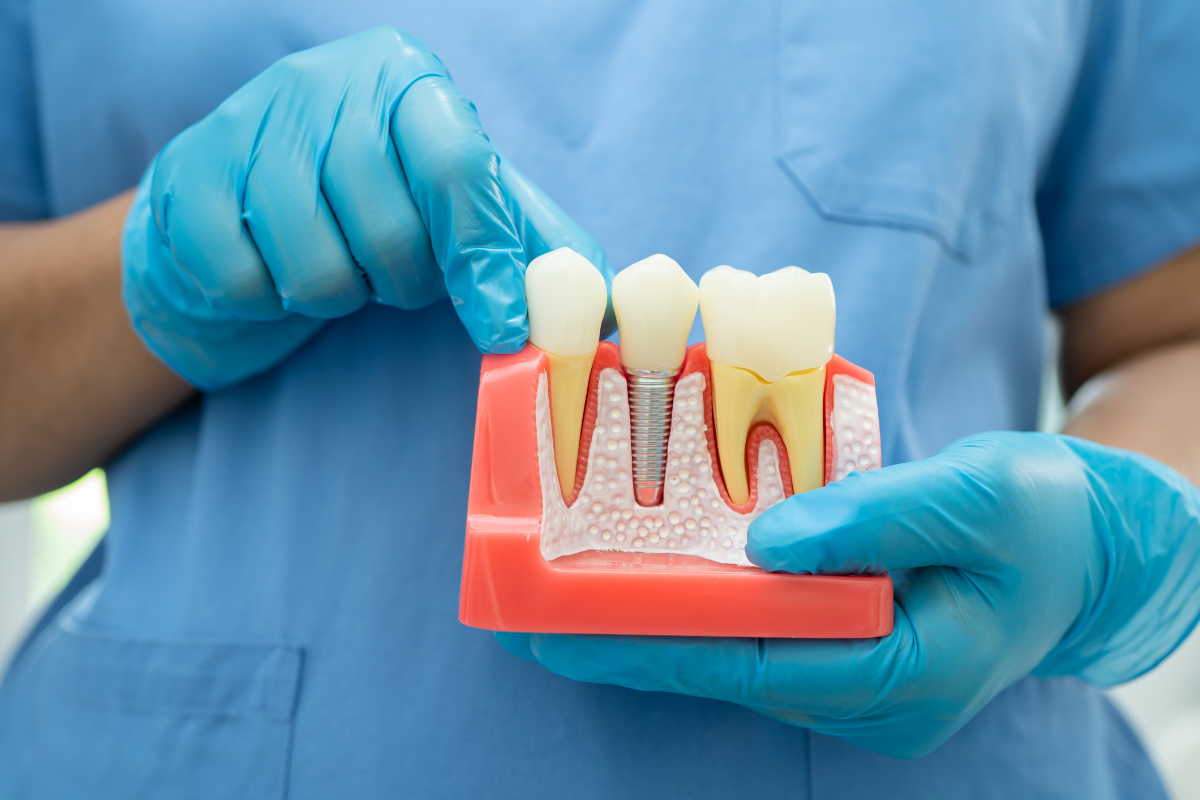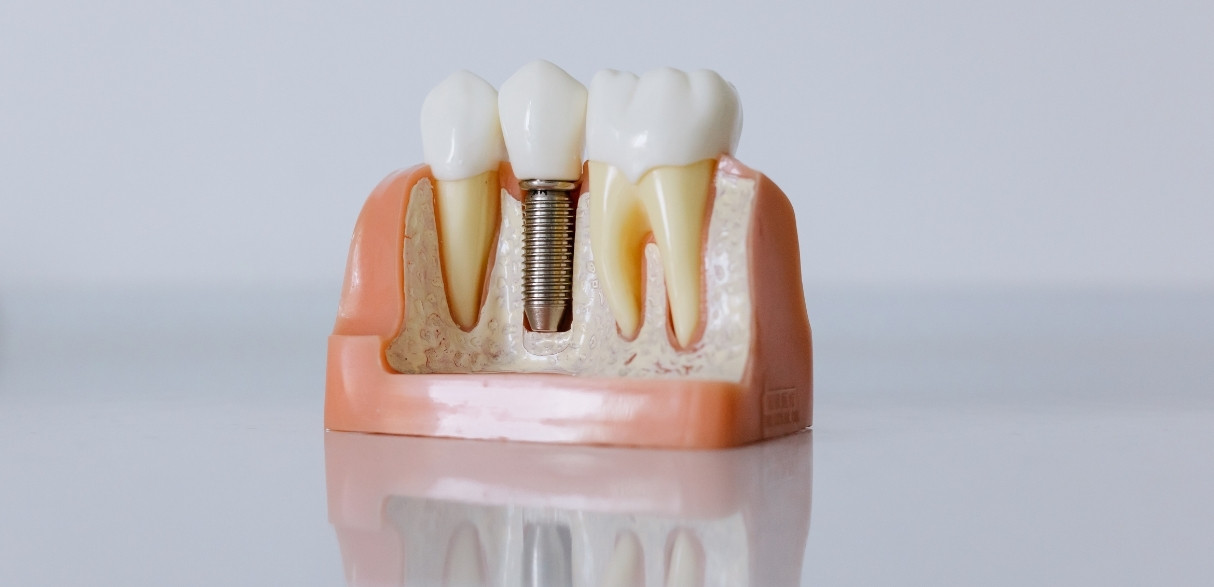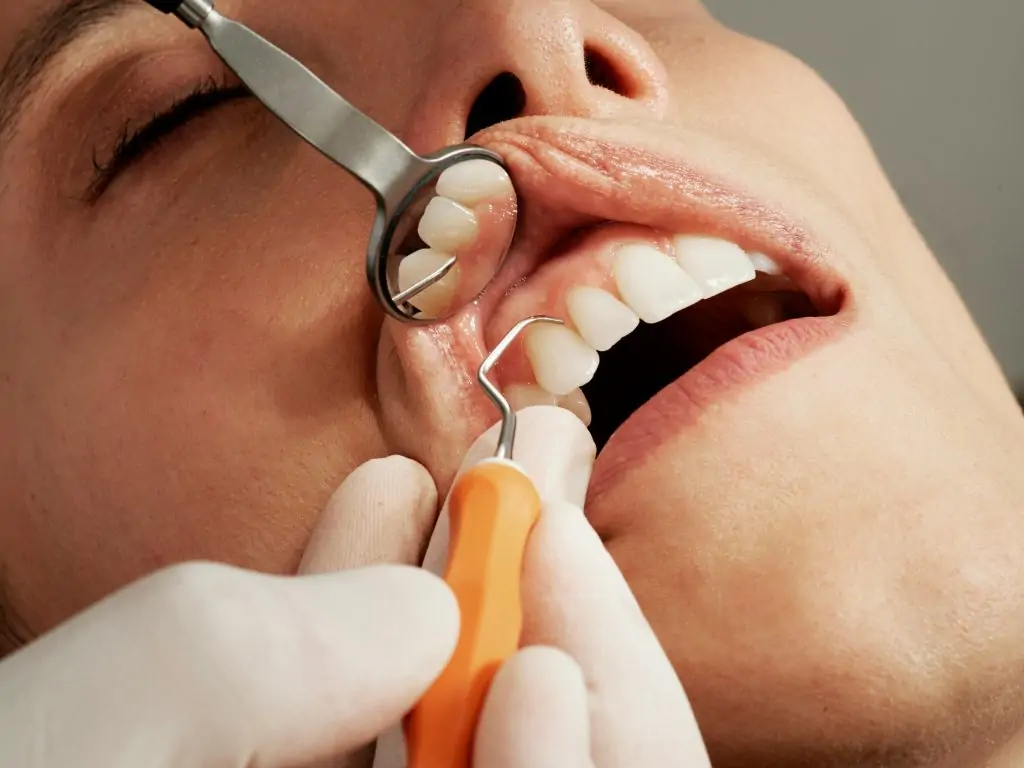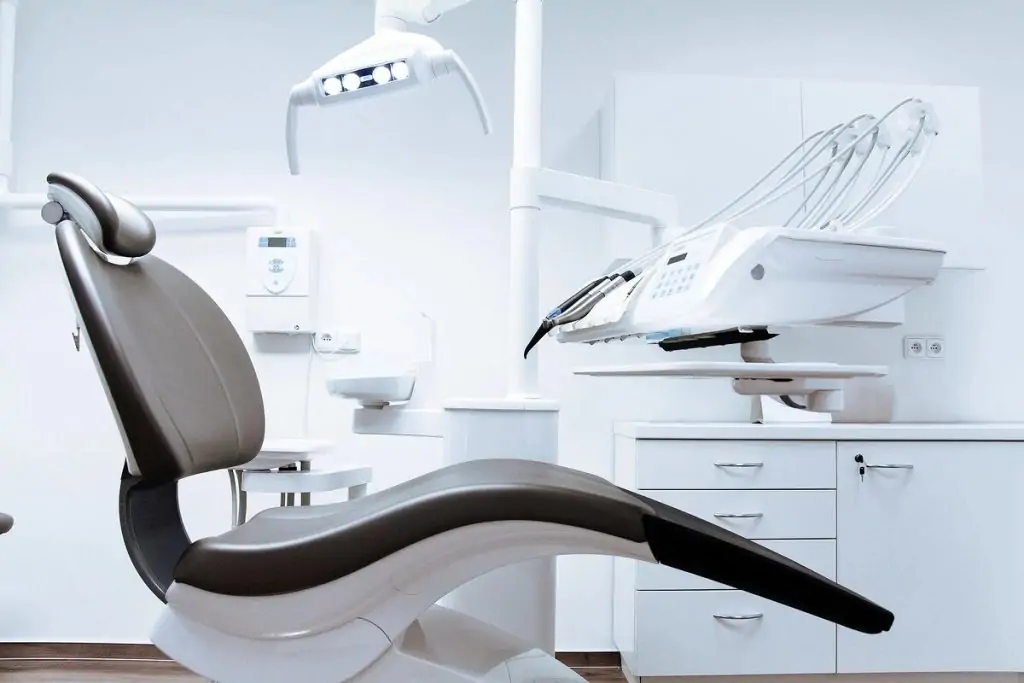
Dental implants are a game-changer for those seeking a long-lasting solution to missing teeth. They not only restore your smile but also bring back the confidence to eat, speak, and laugh without hesitation. However, the journey to maintaining that perfect smile doesn’t end with the implant procedure. Just like natural teeth, implants require ongoing care and attention to stay in top shape. Regular check-ups play a crucial role in preserving the health and longevity of your dental implants, yet many people are unsure how often these visits should be scheduled. Wondering how to keep your dental implants at their best? Read on to discover everything you need to know about maintaining your implants with routine check-ups.
Understanding the Importance of Dental Implant Check-ups
Dental implants have transformed modern dentistry by providing a durable and aesthetically pleasing solution to missing teeth. These prosthetics are designed to mimic natural teeth in both function and appearance, making them a popular choice for many patients. However, like natural teeth, implants require regular care and maintenance to ensure their longevity. One critical aspect of maintaining dental implants is scheduling regular check-ups. But how often should these check-ups be, and why are they so crucial?
Dental implants integrate with the jawbone, a process known as osseointegration, which provides stability and support similar to natural tooth roots. However, this process does not make them immune to problems. In fact, implants are susceptible to issues like peri-implantitis, a condition similar to gum disease, which can lead to implant failure if not addressed promptly. Regular check-ups allow your dentist to monitor the health of your implants and the surrounding tissues, ensuring any potential issues are caught early.
The First Year After Implant Placement
The first year following the placement of a dental implant is particularly crucial. During this period, the implant is still integrating with the jawbone, and the surrounding gums are adjusting to the new fixture. Frequent check-ups are essential during this phase to monitor the healing process and ensure the implant is stabilizing properly.
Your dentist will typically recommend check-ups every three to four months during the first year. These appointments allow for the monitoring of osseointegration and the early detection of any issues such as infection or improper healing. The frequency of these visits might vary depending on the patient’s individual case, including factors like overall health, the condition of the gums, and whether additional procedures such as bone grafts were involved.
At these visits, your dentist Edmonton will perform a thorough examination of the implant site. They will check the surrounding gums for signs of inflammation or infection, ensure that the implant is secure and stable, and assess your bite to confirm that the implant is not experiencing undue stress. X-rays may also be taken to monitor the bone around the implant, ensuring it is integrating well and remains healthy.
Long-Term Maintenance and Routine Check-ups
Once the initial healing period has passed, the frequency of check-ups can typically be reduced. For most patients, twice-yearly visits to the dentist are sufficient, similar to the routine care recommended for natural teeth. However, the exact frequency may vary based on individual circumstances, including oral hygiene practices, the number of implants, and the presence of any risk factors such as smoking or a history of periodontal disease.
During these routine visits, your dentist will continue to monitor the health of your implants and the surrounding tissues. Regular cleaning is essential to prevent plaque buildup, which can lead to peri-implantitis, a serious gum infection that affects the bone and tissue around the implant. Your dentist will also check the fit and alignment of any crowns or bridges attached to the implants, ensuring they remain secure and function properly.
Recognizing the Signs of Potential Issues
While regular check-ups are essential, it’s also important to be aware of the signs that something might be wrong with your dental implants between visits. Knowing what to look out for can help you catch potential problems early and seek prompt care.
Common signs of potential implant issues include:
- Persistent pain or discomfort: While some discomfort is normal after implant placement, persistent pain could indicate a problem such as an infection or implant failure.
- Swelling or inflammation: If the gums around the implant become swollen, red, or tender, it could be a sign of peri-implantitis.
- Loosening of the implant: If your implant feels loose or unstable, it’s essential to see your dentist immediately. This could indicate a problem with osseointegration or the surrounding bone.
- Changes in bite or chewing function: If you notice a change in the way your teeth come together when you bite or chew, it could be due to an issue with the implant or the prosthetic attached to it.
By recognizing these signs and seeking prompt dental care, you can prevent minor issues from becoming major problems that could jeopardize the health of your implants.
The Role of At-Home Care in Implant Health
While regular dental check-ups are vital, at-home care plays an equally important role in maintaining the health of your dental implants. Proper oral hygiene practices help prevent the buildup of plaque and bacteria, which can lead to gum disease and other issues that may affect your implants.
Key aspects of at-home care for dental implants include:
- Brushing and flossing: Just like natural teeth, implants require regular brushing and flossing to remove plaque and food particles. Use a soft-bristled toothbrush and a non-abrasive toothpaste to clean the implant area gently. Flossing around the implant is also crucial to prevent plaque buildup.
- Using an antibacterial mouthwash: Rinsing with an antibacterial mouthwash can help reduce the bacteria in your mouth, lowering the risk of infection and peri-implantitis.
- Avoiding tobacco use: Smoking and other forms of tobacco use can significantly increase the risk of implant failure. If you use tobacco, consider quitting to protect your investment in your dental implants.
- Monitoring your oral health: Pay attention to any changes in your mouth, such as new sensitivity, swelling, or discomfort. If you notice anything unusual, contact your dentist promptly.
Advanced Monitoring Techniques for Implants
In addition to regular check-ups and at-home care, some patients may benefit from advanced monitoring techniques to ensure the long-term health of their dental implants. These techniques can provide a more detailed assessment of the implant and the surrounding tissues, helping to identify potential issues before they become serious problems.
- Dental radiographs: X-rays are commonly used to monitor the bone around the implant and check for any signs of bone loss or other issues. Digital radiography provides a detailed image that can help your dentist assess the health of the implant more accurately.
- Cone beam computed tomography (CBCT): In some cases, your dentist may recommend a CBCT scan to get a 3D view of the implant and surrounding bone. This advanced imaging technique can provide a more comprehensive assessment, especially in complex cases or when issues are suspected.
- Peri-implant probing: This technique involves measuring the depth of the pockets around the implant to assess the health of the surrounding gums. Healthy gums typically have shallow pockets, while deeper pockets may indicate gum disease or peri-implantitis.
By utilizing these advanced monitoring techniques, your dentist can gain a deeper understanding of the health of your dental implants and take proactive steps to address any issues early.
How Different Factors Influence Check-up Frequency
While twice-yearly check-ups are sufficient for many patients, certain factors may necessitate more frequent visits to the dentist. Understanding these factors can help you and your dentist develop a personalized care plan that ensures the long-term success of your dental implants.
1. Complex implant cases: If your dental implant procedure involved multiple implants, bone grafts, or other complex procedures, more frequent check-ups may be needed to monitor healing and ensure the success of the treatment.
2. History of gum disease: Patients with a history of periodontal disease may be at a higher risk for peri-implantitis and other complications. More frequent check-ups can help catch early signs of gum disease and prevent it from affecting the implants.
3. Chronic health conditions: Conditions such as diabetes, osteoporosis, or autoimmune disorders can affect the health of dental implants. Patients with these conditions may require more frequent monitoring to ensure their implants remain healthy.
4. Tobacco use: As mentioned earlier, smoking and other forms of tobacco use can increase the risk of implant failure. Patients who use tobacco may benefit from more frequent check-ups to monitor the health of their implants closely.
5. Age-related factors: Older patients may experience changes in bone density or gum health that can affect their implants. More frequent check-ups can help monitor these changes and address any issues early.
By considering these factors, your dentist can recommend a check-up schedule tailored to your specific needs, helping to ensure the longevity of your dental implants.
The Role of a Trusted Dentist
Choosing the right dentist plays a critical role in the success and longevity of your dental implants. A skilled and experienced dentist will provide expert care throughout the implant process, from initial placement to ongoing maintenance.
Your dentist should offer personalized care, taking the time to understand your unique needs and concerns. They should also stay up-to-date with the latest advancements in dental implant technology and techniques, ensuring you receive the best possible care.
Regular communication with your dentist is essential. Don’t hesitate to ask questions or express concerns about your implants. A good dentist will be happy to provide information and guidance, helping you feel confident in your care.
Final Thoughts on Dental Implant Check-ups
Regular check-ups are a critical component of maintaining the health and longevity of your dental implants. By visiting your dentist regularly and practicing good oral hygiene at home, you can enjoy the benefits of your implants for many years to come. Whether you are in the early stages of healing or have had your implants for several years, staying proactive about your care is key to ensuring their success.
If you live in Edmonton and have dental implants, consider visiting your local dentist for regular check-ups to keep your smile healthy and strong. Remember, early detection and intervention are crucial in addressing potential issues and maintaining the health of your implants.
In summary, dental implants require ongoing care and attention to ensure their success. Regular check-ups with your dentist, combined with proper at-home care, can help you avoid complications and enjoy a confident, healthy smile for years. To ensure your implants remain in optimal condition, don’t overlook the importance of these routine visits. If you’re looking for expert advice and care, consulting with a trusted professional in your area can provide peace of mind and help you make informed decisions about your dental health.




